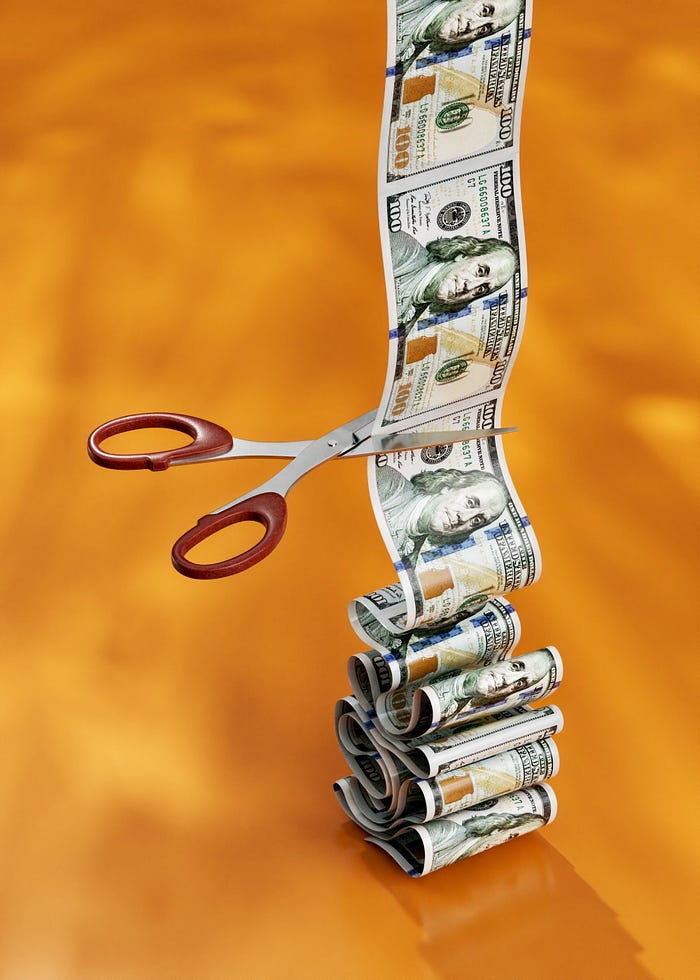President Biden’s winning 2020 coalition is showing signs of fraying under economic pressure.

“In Arizona, Bad Feelings About the Economy Sour Some Voters on Biden,” Jack Healy broke the bad news for the New York Times on Tuesday.
President Biden managed to achieve victory in 2020 by the slimmest of margins; to win in 2024, he will need to recreate the same winning coalition. But that coalition is showing signs of fraying in key working class demographics.
“If President Biden hopes to replicate his narrow victory in Arizona, he will need disillusioned voters like Alex Jumah,” began Healy for the NYC. “An immigrant from Iraq, Mr. Jumah leans conservative, but he said he voted for Mr. Biden because he could not stomach former President Trump’s anti-Muslim views.”
“That was 2020,” Healy continued. “Since then, Mr. Jumah, 41, said, his economic fortunes cratered after he contracted Covid, missed two months of work as a trucking dispatcher, was evicted from his home and was forced to move in with his mother. He said he could no longer afford an apartment in Tucson, where rents have risen sharply since the pandemic. He is now planning to vote for Mr. Trump.”
“Economists say, ‘Look at these indicators’ — People don’t care about that,” Healy concluded, citing a top polling expert. “They care about their day-to-day lives.”
It was the same story at the Wall Street Journal last week.
“Biden is Losing Black Voters — Here’s Why It Matters,” Catherine Lucey noted for the WSJ. “Concerns about the economy are driving away minorities who’ve long supported Democrats.”
“When Michelle Smith voted for President Biden in 2020, she thought he would help people like her, a Black mother working two jobs and raising three teenage boys in North Philadelphia,” began Lucey in turn. “Now she says she won’t vote for him again, citing higher prices, skyrocketing rent and a feeling she has been left behind.”
Small business owners are another key working class demographic with whom Biden’s reelection bid may have lost touch.
“With Interest Rates Above 9%, Small Businesses Slam the Brakes,” reported Ruth Simon for The Wall Street Journal on November 14, 2023. “Entrepreneurs are putting off equipment purchases, stepping up collection efforts to cope with steeper borrowing costs.”
“With borrowing costs double their levels from just two years ago, many small businesses are pulling back, another sign of how higher interest rates are cooling the economy,” wrote Simon. “The average interest rate small businesses paid on short-term loans has stood at 9% or higher over the past three months, according to the National Federation of Independent Business, up from 6.7% a year earlier and 4.6% in August 2021.”
“Tom Rauen, owner of 1–800-Tshirts, said he had to delay the purchase of a $50,000 digital printing machine for his Dubuque, Iowa, company,” Simon shared. “The new equipment would allow the 35-person screen printing, embroidery and promotional products business to bring more production in-house, adding flexibility and cutting turnaround time.”
Though the media landscape is awash with voters voicing economic woes, not everyone is convinced.
“Joe Biden’s economy is, honestly, pretty amazing: How come he doesn’t get credit?” raged Kirk Swearingen for Salon last week. “Many voters claim Biden’s economy is bad and Trump’s was better. What fantasy version of America do they live in?”
“If the economy is so bad, why are shops and restaurants so packed?” wondered Swearingen, undercutting his observation with an “I understand that anecdotal evidence is hardly worth mentioning, but it does make you wonder if people are as concerned about the prices of goods and services as polling data says they are.”
“As you stand in line at that restaurant or circle the mall parking lot looking for a space, do you wonder about the disparity between what people apparently tell pollsters about the economy and what you can see with your own two eyes?” he wondered.
“It’s easy to question the economic woes of someone who drives a $50,000 pickup, or complain about the guy in our town who drives around in an absurdly tricked-out golf cart flying a full-sized American flag,” he went on. “It’s entirely possible those individuals are Trump supporters who believe — or claim to believe — that Joe Biden is doing a terrible job with the economy, in the face of nearly all available evidence. Some of those dressed-down folks packed into the restaurants may feel the same way, despite the splurge-spending.”
“One inconvenient truth is that the ethos of a consumer society teaches us that enough is never enough,” wrote Swearingen. “Our especially rapacious form of capitalism tries to fuel and amplify our desires and enable as many thoughtless purchases as possible. My wife and I recently traveled to the city where I grew up, for the funeral of my best childhood friend. I could barely recognize the place, or navigate through the endless rows of restaurants, strip malls and big-box stores sulking shoulder to shoulder along all the main streets.”
“Of course, the city we live in now looks much the same,” he concluded.
Of course, not every U.S. city looks this way. Many voters in small and mid-size towns scattered across what many journalists dismiss as “flyover country” have an entirely different view comprised mainly of “For-Sale” signs, closed factories, and boarded-up downtown storefronts.
And while some journalists don’t believe people are answering truthfully in polls, the polls have undoubtably not been going in President Biden’s favor in recent weeks. Unlike progressive outlets like Salon, more conservative-leaning news outlets haven’t been as reticent.
“Does the President Really Know How He’s Polling,” asked Phillip Wegmann for Real Clear Politics this week.
“Either President Biden does not know about the polls that show he is trailing Donald Trump in mock matchups in key battleground states, or he’s the relentless optimist who beat the odds to win the White House and has chosen not to believe most of them,” snarked Wegmann. “Which it is is not immediately clear.”
(contributing writer, Brooke Bell)